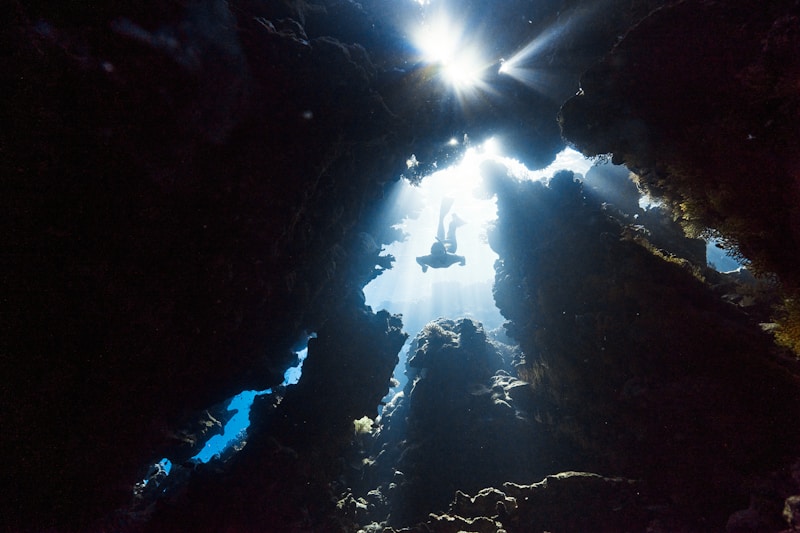5 Questions
Oxygenic photosynthesis produces oxygen as a byproduct and stores some of the chemical energy in carbohydrate molecules.
True
Photosynthesis is a biological process used by some cellular organisms to convert light energy into chemical energy.
True
Most plants, algae, and cyanobacteria are photoautotrophs.
True
Photosynthesis is responsible for maintaining the oxygen content of the Earth's atmosphere.
True
Anoxygenic photosynthesis uses water as a reductant instead of bacteriochlorophyll.
False
Study Notes
Photosynthesis
- Photosynthesis is a biological process that converts light energy into chemical energy, stored in organic compounds.
- The process fuels the organism's activities through cellular respiration.
- Oxygenic photosynthesis produces oxygen as a byproduct and stores chemical energy in carbohydrates, such as sugars, starch, glycogen, and cellulose.
- These carbohydrates are synthesized through an endergonic reaction of carbon dioxide with water.
Organisms that Perform Photosynthesis
- Most plants, algae, and cyanobacteria are photoautotrophs that perform photosynthesis.
- Some bacteria also perform photosynthesis, but use bacteriochlorophyll to split hydrogen sulfide instead of water.
Importance of Photosynthesis
- Photosynthesis is responsible for producing and maintaining the oxygen content of the Earth's atmosphere.
- It supplies most of the biological energy necessary for complex life on Earth.
Test your knowledge of photosynthesis with this quiz! Explore the process of converting light energy into chemical energy and the production of oxygen as a byproduct. Answer questions on organic compound storage and cellular respiration.
Make Your Own Quizzes and Flashcards
Convert your notes into interactive study material.




